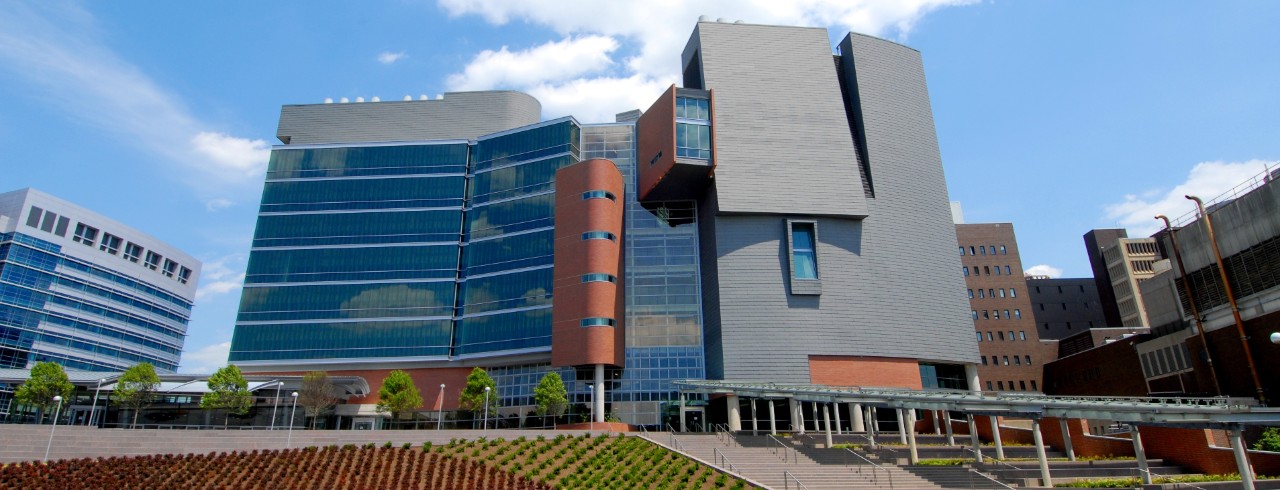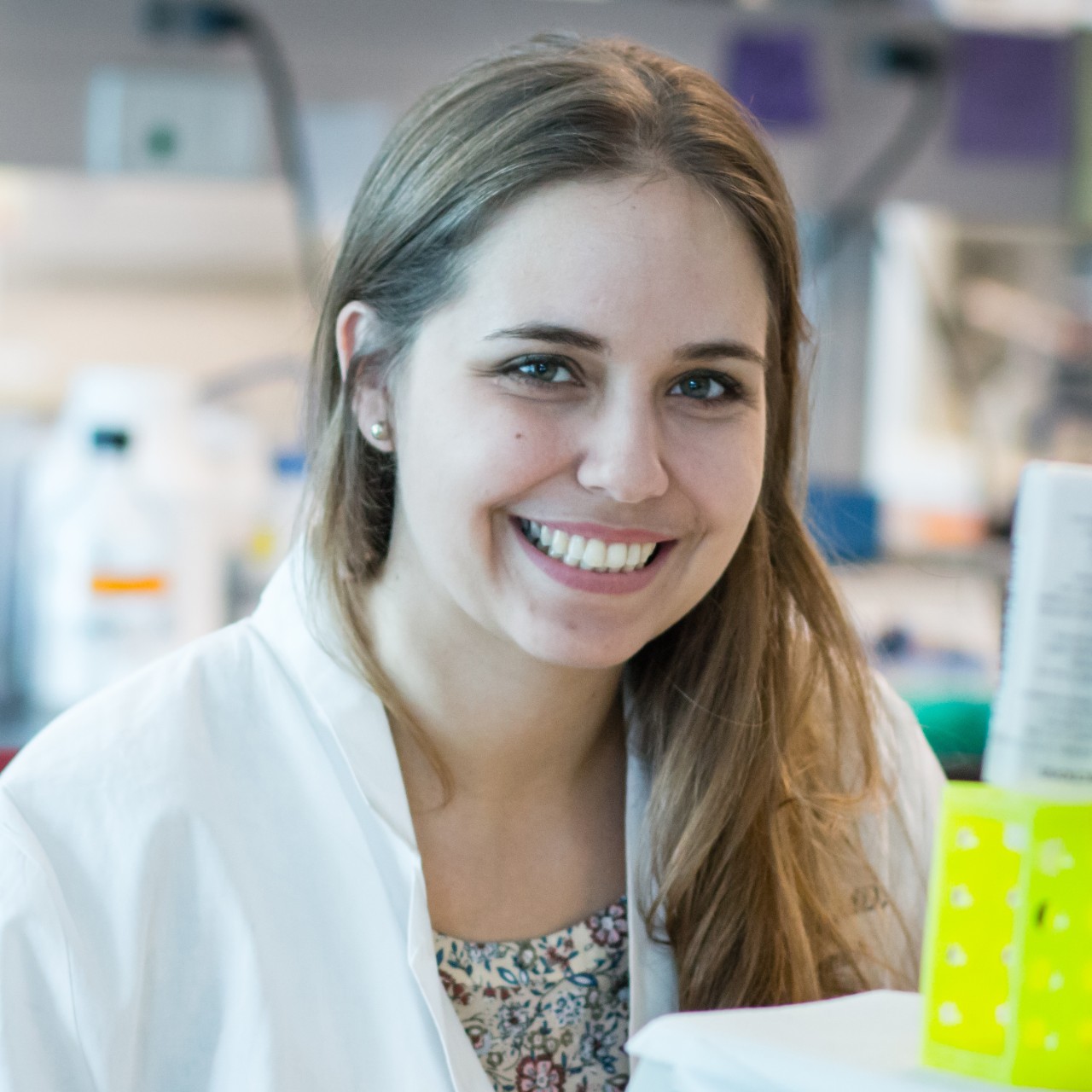
Ivey receives enrichment award from Burroughs Wellcome Fund
Award supports underrepresented minority postdoctoral fellows
Malina Ivey, PhD, a postdoctoral fellow in the University of Cincinnati Department of Pathology and Laboratory Medicine, has received a 2022 Postdoctoral Enrichment Program Award (PDEP) from the Burroughs Wellcome Fund.
The program supports the career development activities of underrepresented minority postdoctoral fellows in a degree-granting institution in the United States or Canada whose training and professional development are guided by mentors committed to helping them advance to stellar careers in biomedical or medical research. Ivey is Athabaskan, an Alaskan Native peoples, who moved to Hawaii as a young child with her mother and grew up immersed in Hawaiian culture.

Malina Ivey, PhD (Photo provided)
The three-year award, which began Sept. 1, provides Ivey with $60,000 in support for her research in addition to assisting with education and training opportunities to enhance her research productivity. Some of the funds in the final year of the award will help her move into the professoriate and to develop an independent, innovative area of research.
Ivey says she was “shocked and very grateful” when she was notified about the award.
“This grant will be pivotal in allowing me that extra boost to obtain a tenure-track faculty position within the next three years,” she adds. “With it I can both prepare myself for my next career stage by engaging in more networking and training activities, but I also have additional research support to create my own individual research direction that is independent of my mentor. Creating your own research program is one of the most challenging things when you become a principal investigator and this should give me a huge boost.”
Serving as mentors for her work will be College of Medicine faculty members Onur Kanisicak, PhD, assistant professor in the Department of Pathology and Laboratory Medicine, and Sakthivel Sadayappan, PhD, Dr. James F. Heady Chair in Medicine, in the Department of Internal Medicine, Division of Cardiovascular Health and Disease. Ivey works full-time in Kanisicak’s lab while Sadayappan is her senior mentor.
Ivey’s research is focused on cardiac fibrosis.
“After a heart attack, a scar forms causing the heart walls to stiffen, which results in the heart having difficulty pumping blood and a decrease in heart function. This can have long-term effects on a patient's health. Currently, there are no treatments that can reverse this process. Our goal is to identify how to control the cells responsible for this scarring. When this process is understood, it has promise for developing new treatments for heart disease,” she says.
Ivey received her bachelor’s degree in biology from Gonzaga University. She then returned home to the University of Hawaii to obtain a master’s degree in molecular bioscience and bioengineering and, in 2019, a doctorate in cell and molecular biology. She came to the College of Medicine in June 2019.
Feature photo of the CARE/Crawley Building
Related Stories
UC COVID-19 studies awarded $425K
April 15, 2020
Understanding that time was of the essence in combating this highly infectious disease, UC and its College of Medicine’s Office of Research conducted a rapid review and distribution of $425,000 in novel pilot grants to researchers, focusing on eradicating the disease.
Educational breast cancer event focuses on empowerment
Event: November 3, 2018 9:00 AM
"Beyond Breast Cancer: The Path to Empowerment” is an educational event for breast cancer survivors, their families and the community; it will be held from 9 a.m. to 3 p.m. Saturday, Nov. 3, at the Kingsgate Marriott Conference Center, 151 Goodman Drive.
Yahoo News: Five Black UC faculty members receive National...
September 8, 2020
Five African-American researchers and healthcare professionals on UC’s medical campus have received sizable grants from the National Institutes of Health during the past 18 months. The faculty members were interviewed by WCPO to help showcase innovation and the diverse voices and perspectives they bring as the healthcare community attempts to ease health disparities in communities of color in Cincinnati and beyond.
